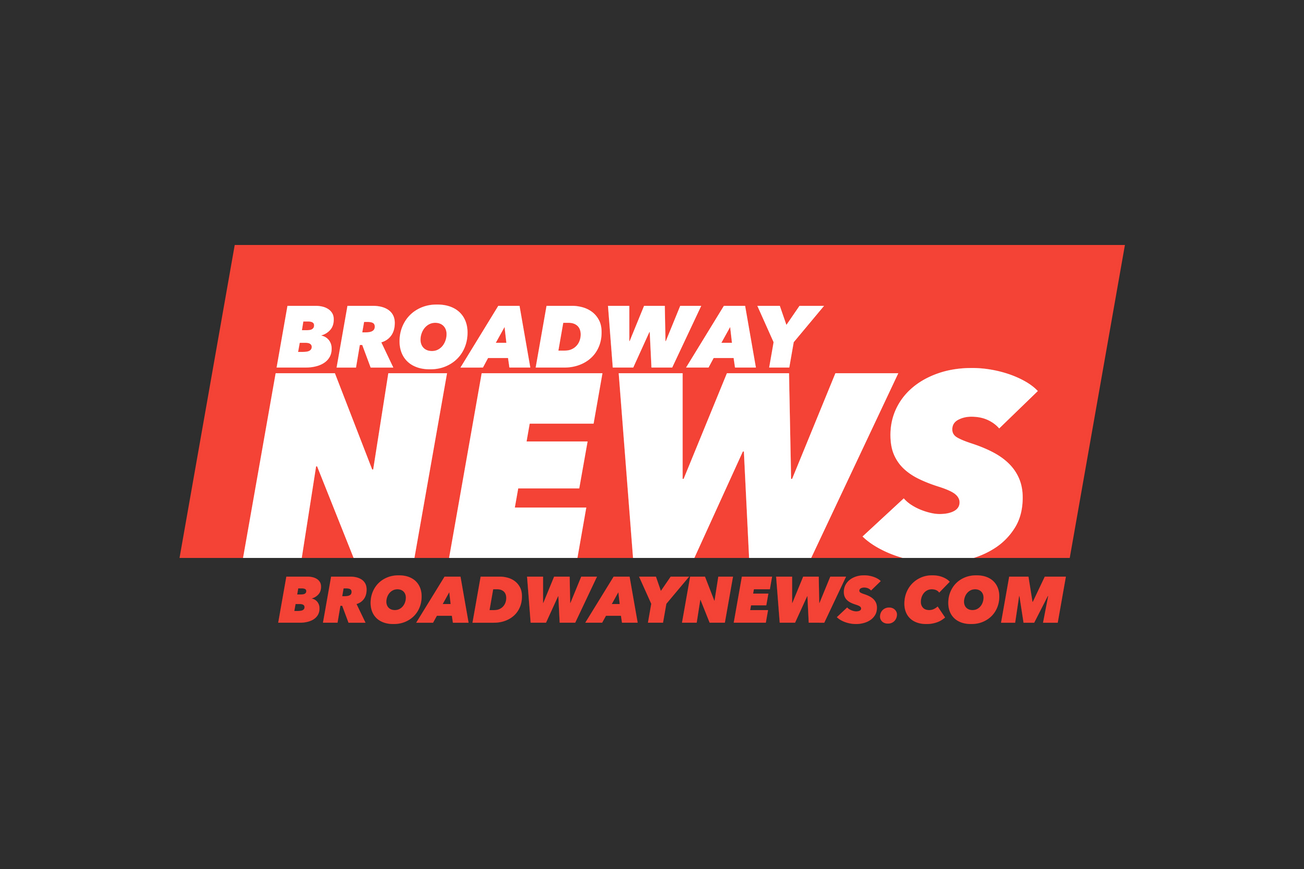With the majority of votes tallied in the presidential election, Broadway industry leaders are hopeful that Congress will now pass a second relief bill with provisions to help the theater community.
Industry leaders believe that a relief package, which may include the needed provisions of extended unemployment insurance and healthcare subsidies, could be passed in the coming weeks. Other industry relief measures, such as Save Our Stages and the Restart Act, have garnered bipartisan support and could also appear in an upcoming stimulus bill, but may ultimately depend on who gains control of the Senate.
“It feels like relief is coming for many businesses like ours and those that rely on audiences,” said Jeff Daniel, co-CEO of Broadway Across America and chair of the government relations committee at the Broadway League.
Hopes for near-term relief have been reignited because Congress returned to Washington Monday and Senate Majority Leader Mitch McConnell (R-Ky.) and House Speaker Nancy Pelosi (D-Calif.), have both said they would like to resume stimulus package negotiations.
The two sides have previously been unable to compromise on the size of a relief package, with Republicans viewing Democratic asks as too costly. That’s why the ultimate scale of relief for the country, as well as the Broadway industry, may depend on the makeup of the Senate under the new administration. That fate will likely be determined in a Jan. 5 runoff election for two Senate races in Georgia.
In addition to dedicated relief measures for industry workers, the Broadway League has been lobbying for the Save Our Stages Act, which would provide theater owners, producers and other live event operators grants to cover six months of expenses. The bipartisan bill was included in the revised Heroes Act and recently reappeared in Senate Democrats’ Heroes Small Business Lifeline Act. If it is not included in upcoming relief, Sen. Minority Leader Chuck Schumer (D-NY) has pledged to pass the bill should he become the new majority leader.
The League has also been backing the Restart Act, a loan program which would extend the Paycheck Protection Program to 16 weeks for hard-hit businesses, such as those within the Broadway industry. The bill, which also has bipartisan support, was introduced in the Senate in May, but has not had any movement since.
One limiting factor has been the Restart bill’s estimated cost of $400 billion, Daniel said, which is why it may have a better chance as part of a larger stimulus package. If it is not included in an upcoming package, Daniel said he believes portions of the bill could be passed under the new administration, particularly if the Democratic Party gains a majority in the Senate.
Still, Daniel notes that the League has been able to effectively lobby for the industry with lawmakers on both sides and has received support from senators including Schumer, Amy Klobuchar (D-Minn.), Sen. Roy Blunt (R-Mo.) and Sen. John Cornyn (R-Tex.).
“Broadway should not have to wait to advocate for relief,” Daniel said. “And we should be strong enough and smart enough to be able to do that in a bipartisan way so that regardless of the construct of the Senate we can move forward.”
In the past eight years, the League has ramped up its efforts to build relationships within Washington, Daniel said, including now biannual trips to the Capitol to meet with lawmakers and make the case for Broadway in economic terms.
Since May, the grassroots organization Be An Arts Hero has also been lobbying lawmakers for specific industry relief with a similar economic argument. After the election, Carson Elrod, co-founder of the group, said the group planned to continue reaching out to Senators to advocate for specific arts relief in upcoming bills.
“We’re not going to stop. We are going to be a gadfly. We are going to be in offices, talking to policymakers and their staffs all day, every day until our sector gets the relief that it needs to survive this crisis,” Elrod said.
In addition to lobbying for the passage of bills such as Save Our Stages and measures such as extended unemployment insurance, Be An Arts Hero has been drafting its own legislation asking for $43.85 billion in proportionate relief for the industry. As it stands, the group is in “active and continual conversation with a specific office” that hopes to sponsor the legislation, Elrod said.
The League will also continue to edit bills and join existing coalitions around legislation, Daniel said, and may later draft its own legislation. As the League has found, the Broadway industry has its own unique challenges for reopening, which means it may not always be a fit for existing relief measures.
“Recast, rehearse, and then remarket, build up our advances. We have a lot of work to do,” Daniel said. “So we’re different than others.”


























































